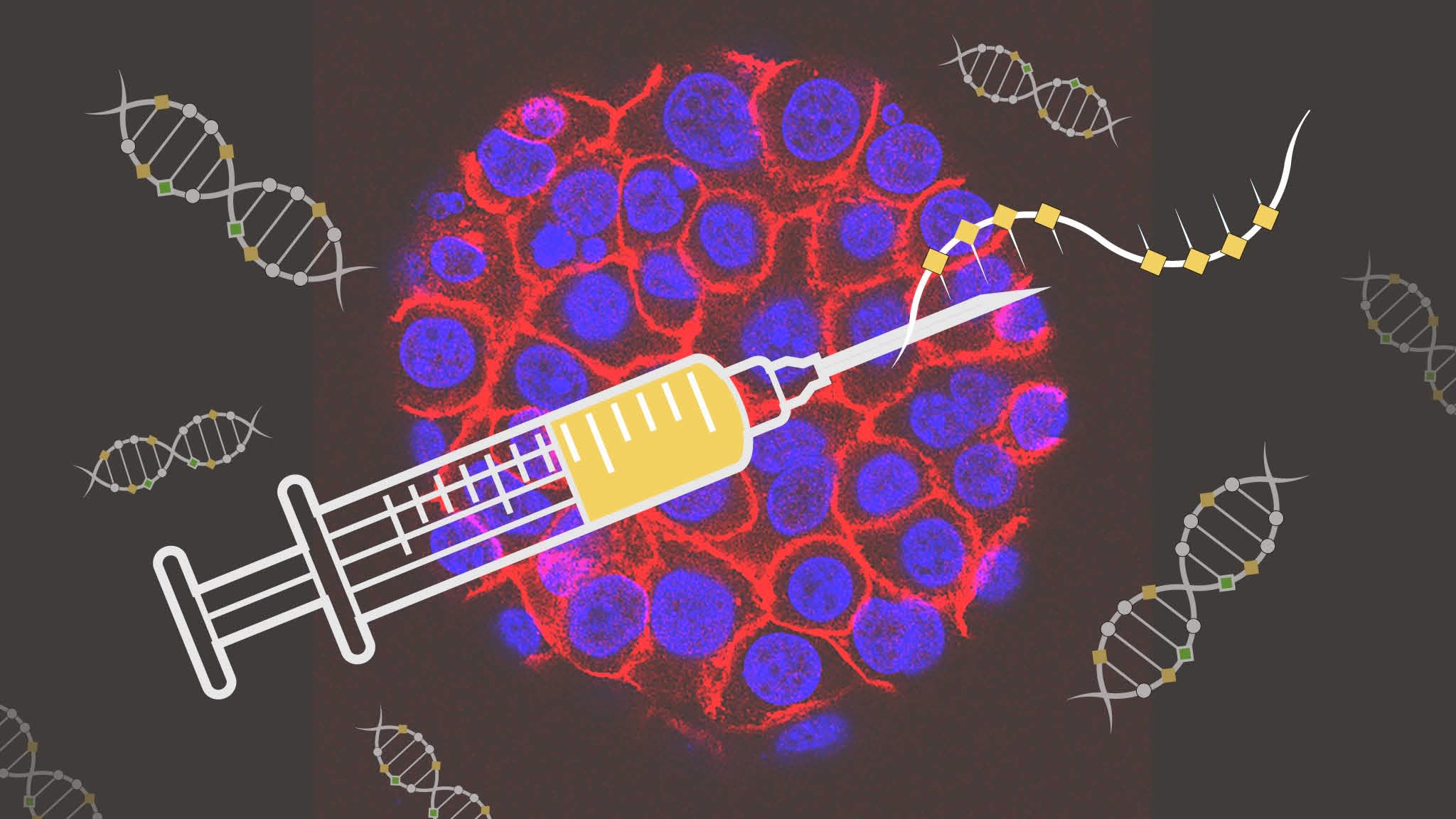Cancer vaccine using mRNA technology boosts survival, says Moderna
Moderna and Merck are preparing to launch the first ever phase three trial of a messenger RNA cancer vaccine, after a smaller study showed it boosted patients’ chances of surviving an aggressive type of skin cancer.
Data published by Moderna on Tuesday showed that a combination of the company’s experimental cancer vaccine and Merck’s immunotherapy drug Keytruda reduced the risk of death or recurrence of melanoma in high-risk patients by 44 per cent compared with treatment using only Keytruda.
The phase 2 randomised trial enrolled 157 patients who had already undergone surgery related to melanoma and tracked them for a year. Some participants received nine doses of the cancer vaccine, codenamed mRNA-4157/V940, along with Keytruda. Others were given Keytruda alone, which is the standard treatment for high-risk melanoma.

“You get the tissue from a tumour, sequence it and then over a six-week period of time you manufacture a vaccine that matches the top 10 to 20 mutations,” she said.
Bauman said the vaccine stimulates a person’s immune system to selectively target those cancer cells.
The clinical trial forms part of a six-year collaboration between Merck and Moderna in the field of developing personalised cancer vaccines. In October, Merck agreed to pay Moderna $250mn to exercise an option to jointly develop and commercialise mRNA-4157/V940.
Dean Li, president of Merck Research Laboratories, said the positive trial findings represented an important milestone in the company’s collaboration with Moderna.
“We look forward to advancing this programme into the next phase of development,” he said.
This story originally appeared on: Financial Times - Author:Jamie Smyth




























